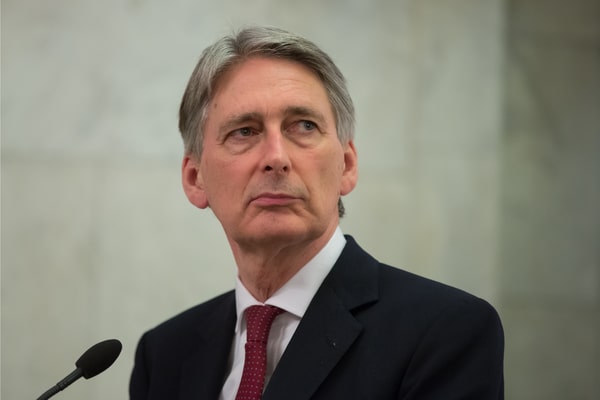The anticipated Budget, Chancellor Philip Hammond‘s first and last, has just been announced and the controversial business rates reforms have taken centre stage.
Over the past few weeks, key retail and business figures including the British Retail Consortium (BRC), Federation of Small Businesses (FSB), retail expert Mary Portas and Sainsbury‘s chief executive Mike Coupe and even London Mayor Sadiq Khan have publicly criticised the rates reforms which come into effect on April 1.
They have been branded as catastrophic for the high street due to predictions of a £7 billion overall tax hike on the retail industry, jeopardising countless small businesses across the UK.
“A purely regressive tax favoring internet business.”
Hammond said today he was “listening to the voice of business” and agreed that the current system, created in 1990, didn’t reflect a digital economy.
Despite pledging to make changes offering a fairer split between online and bricks-and-mortar retailers, the timescale was left ambiguous as it aims to lay out reforms before the next revaluation — which will now happen at least ever three years as opposed to five.
However, there were some signs of hope for those set to be worst hit by the rates.
Businesses that have outgrown the tariffs for small business rate relief will have increases capped at £50 per month for the next year.
Local councils will also receive £300 million in order to provide discretionary relief for those worst hit by the impending reforms.
Reaction to Hammond’s announcement have so far been varied, with many, including the BRC, suggesting the rates relief may be too little to make a lasting impact.
“£435 million is a drop in the ocean compared with the £25 billion a year that the tax raises,” BRC chief executive Helen Dickinson said.
“This is yet another sticking plaster on a chronically ill patient – an unsustainable property tax higher here than anywhere in the developed world.”
Sainsbury’s chief executive Mike Coupe said the business rates were “not fit for the digital age”, labelling them an “analague” tax.
“The UK needs wholesale reform of business taxation,” he said.
“We would ask the government to carry out a root and branch review of business taxation to create a level playing field across all businesses, rather than penalise property-based companies.”
Ewan Venters, chief executive of upmarket department store Fortnum & Mason, had a more mixed reaction to Hammond’s announcement.
“While I accept that the business rates system does need modernisation, London will be hit disproportionately when the law changes on April 1,” he said.
“To give that some context, our rates at Fortnum’s will increase by 49 per cent, and it will be hard for some businesses to cope with such a hike. Nevertheless, it is reflective of London’s success as a global commercial powerhouse.
READ MORE: Retail groups’ final plea to Chancellor over business rates before tomorrow’s Budget
“On the other hand, the reduction in rates across many high streets and communities across the country will help support a much-needed rejuvenation of the British high street. This can only be good for our country, our towns and villages and the wider retail trade.
“The one area the new scheme does not address is a fairer
RELATED STORIES


















